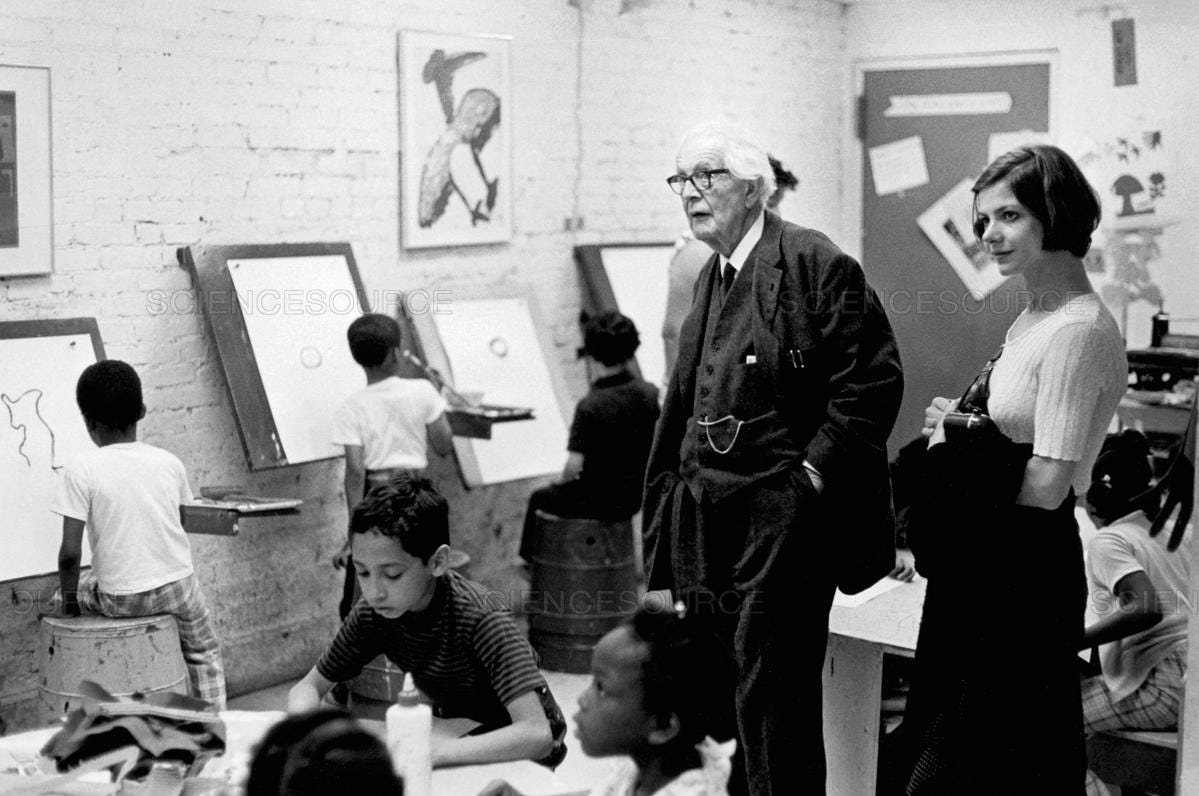On overcoming idealism
> The participants will be apprised of their roles at the proper time. For now it is enough that they have arrived.
The task is not to merely reject idealism but to account for its genesis, thus to overcome by subsuming within a greater whole. Peculiar to this method is the problem of presupposing its end; it is necessary to present according to the categories which ought be outlined. Of course, the first presentation precedes self-conscious thought, that ideality exists foremost as practice prior to our awareness of it as such. The whole seems simply of the world rather than, as we argue, a thing initially originated of man; now into which we are originated. Here the beginning is a spiral woven every generation, with which each ancient infant encounters the world. The slower cycle clashes with that more rapid, biology encounters culture; and the individual is the wreckage which results—not merely in terms of universality, also the peculiarity of circumstance. There is no individual that is not encountered as such; all else is a denuded image of ourselves.
We can thus only find the world inward, that the whole is an exercise in self-consciousness. Nothing can be known which is not already known, though we may yet be unaware of it as such; it is that we seek homes for these hungry ghosts. The spirit so satisfied abides within the form we provide, whereby it may be recognised; thus subjected to the forms of thought. We seek capture this spirit of our age, by centrifuge separate the layers into its ontogenesis. The whole proceeds ever by exaptation and can be traced backwards in this way, that this was necessary and that sufficient. Here comparators are an invaluable aid: the child, the primitive, etc. We peel ourselves layer by layer to at last expose the seed; only then do we see the very image which was before us all the while. This is the way in which materialism, properly conceived, must establish itself.
This is thus that thread which Nietzsche also sought, that is, the history of an error; and here we may begin with him, for the starting line is there most clearly placed:
… we find ourselves in the midst of a rude fetishism when we call to mind the basic presuppositions of the metaphysics of language—which is to say, of reason. It is this which sees everywhere deed and doer; this which believes in will as cause in general; this which believes in the ‘ego’, in the ego as being, in the ego as substance, and which projects its belief in the ego-substance on to all things—only thus does it create the concept ‘thing.’ Being is everywhere thought in, foisted on, as cause; it is only from the conception ‘ego’ that there follows, derivatively, the concept ‘being.’1
We may in this sense echoes of Schopenhauer, that the objectivity of the will is that ‘thing’ within which we stand; it is this peculiarity that provides the basis for all other things. The two sides of that famous formulation, therefore—will and representation—emerge intertwined as the basis of any true understanding of idealism; that is, of ‘reason’ and the metaphysics of language. Indeed, Hegel politely announces as much:
Reason is the conviction of consciousness that it constitutes all of reality; this is how idealism expresses its idea.2
Of course, we must note the world into which we are initiated: a world in which consciousness has, in some sense, if not constituted then at least fashioned most all of our reality. The proliferation of our apparent omnipotence has a produced a world which seems everywhere to confirm the presupposition upon which it was based. We have wrought a world in our image; thus Hegel understandably takes for divine what is in fact the self-deification of human enterprise:
There is nothing in the world of buildings that is not fabricated, and if a tree gets in among the apartment houses by mistake it is taught to grow chemically. It is given a precise reason for existing. They put a sign on it saying it is for health, beauty, perspective; that it is for peace, for prosperity; that it was planted by the mayor’s daughter. All of this is mystification. The city itself lives on its own myth. Instead of waking up and silently existing, the city people prefer a stubborn and fabricated dream; they do not care to be a part of the night, or to be merely of the world. They have constructed a world outside the world, against the world, a world of mechanical fictions which contemn nature and seek only to use it up, thus preventing it from renewing itself and man.3
Yet this remains always an illusion, a mystification, that we cannot but build upon the unstable foundation of human finitude; ever restless thus is our settled wandering.
Nietzsche, Twilight of the Idols.
Hegel, Phenomenology of the Spirit.
Merton, Raids on the Unspeakable.


